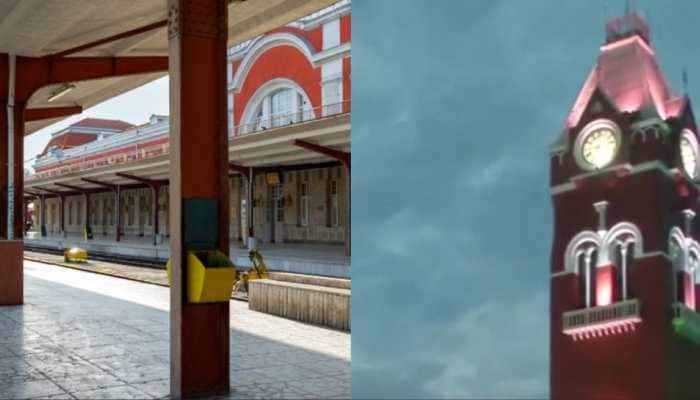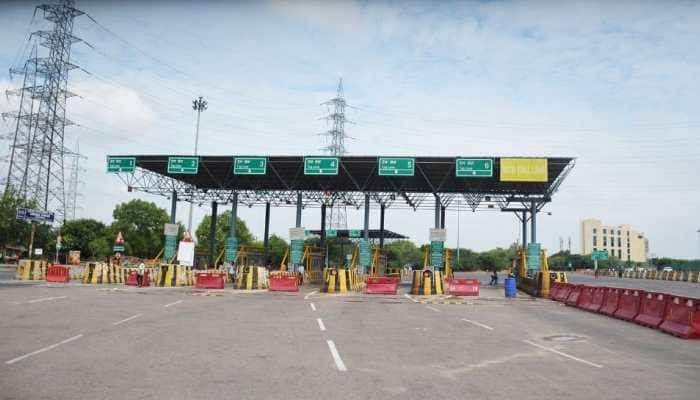‘My last conversation' with Mikhail Gorbachev: Shashi Tharoor recalls his meetings with former Soviet President
“I had the privilege of meeting Mikhail Gorbachev twice, both times in Italy at small conferences. He was pleasant, charming &affable, &had no airs. My last conversation w/him was in Rimini...,” said Tharoor in a tweet.
Trending Photos
)
New Delhi: Senior Congress leader Shashi Tharoor on Wednesday (August 31, 2022) recalled his encounter with Mikhail Gorbachev and paid his tribute to the last Soviet leader who died on Tuesday at the age of 91. Tharoor remembered Mikhail Gorbachev as a "charming" and “affable” person. The Congress leader recalled that he had the privilege of meeting Gorbachev twice, both times in Italy at small conferences. In his Twitter post, Tharoor said his last conversation with Mikhail Gorbachev was in Rimini at the Pio Manzu conference which the former Soviet leader chaired in 2009.
“Former Soviet President Mikhail #Gorbachev has died. He will be remembered by many as a pragmatic leader who transformed the Soviet Union & led it to democracy but by others as the man who caused its collapse w/his policies of perestroika (restructuring)& glasnost (openness). RIP,” said Tharoor in a tweet.
“I had the privilege of meeting Mikhail Gorbachev twice, both times in Italy at small conferences. He was pleasant, charming &affable, &had no airs. My last conversation w/him was in Rimini, where i spoke about India at the Pio Manzu conference he chaired in October 2009. RIP,” the Congress leader added.
I had the privilege of meeting Mikhail Gorbachev twice, both times in Italy at small conferences. He was pleasant, charming &affable, &had no airs. My last conversation w/him was in Rimini, where i spoke about India at the Pio Manzu conference he chaired in October 2009. RIP. — Shashi Tharoor (@ShashiTharoor) August 31, 2022
Gorbachev ended the Cold War without bloodshed by bringing the Soviet Union closer to the West than at any point since World War II but failed to prevent the collapse of the Soviet Union itself. He was a young and dynamic soviet leader who wanted to reform the communist regime along the lines of democratic principles by giving some freedom to citizens.
When pro-democracy protests swept across the Soviet Union of communist Eastern Europe in 1989, Gorbachev refrained from using force. He launched radical reforms meant to reduce party control of the government apparatus.
He recognized the policy of Glasnost or freedom of speech which was severely curtailed during earlier regime. Gorbachev also began a program of economic reform called Perestroika or Restructuring which was necessary as the Soviet economy was suffering from both hidden inflation and supply shortages. Cultural freedoms were granted to the press and the artistic community during his time.
Stay informed on all the latest news, real-time breaking news updates, and follow all the important headlines in india news and world News on Zee News.
Live Tv







)
)
)
)
)
)
)
)
)
)

